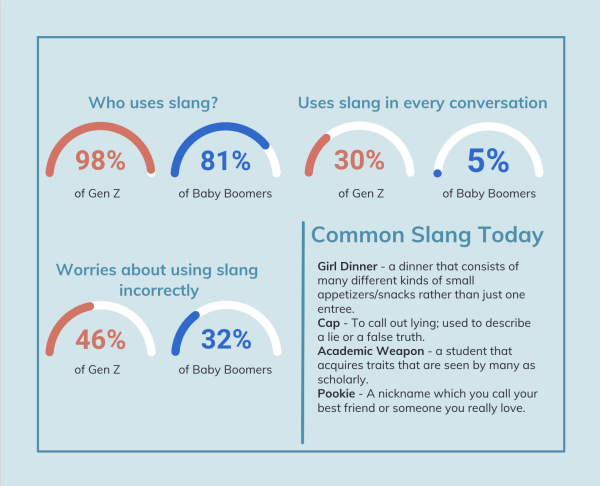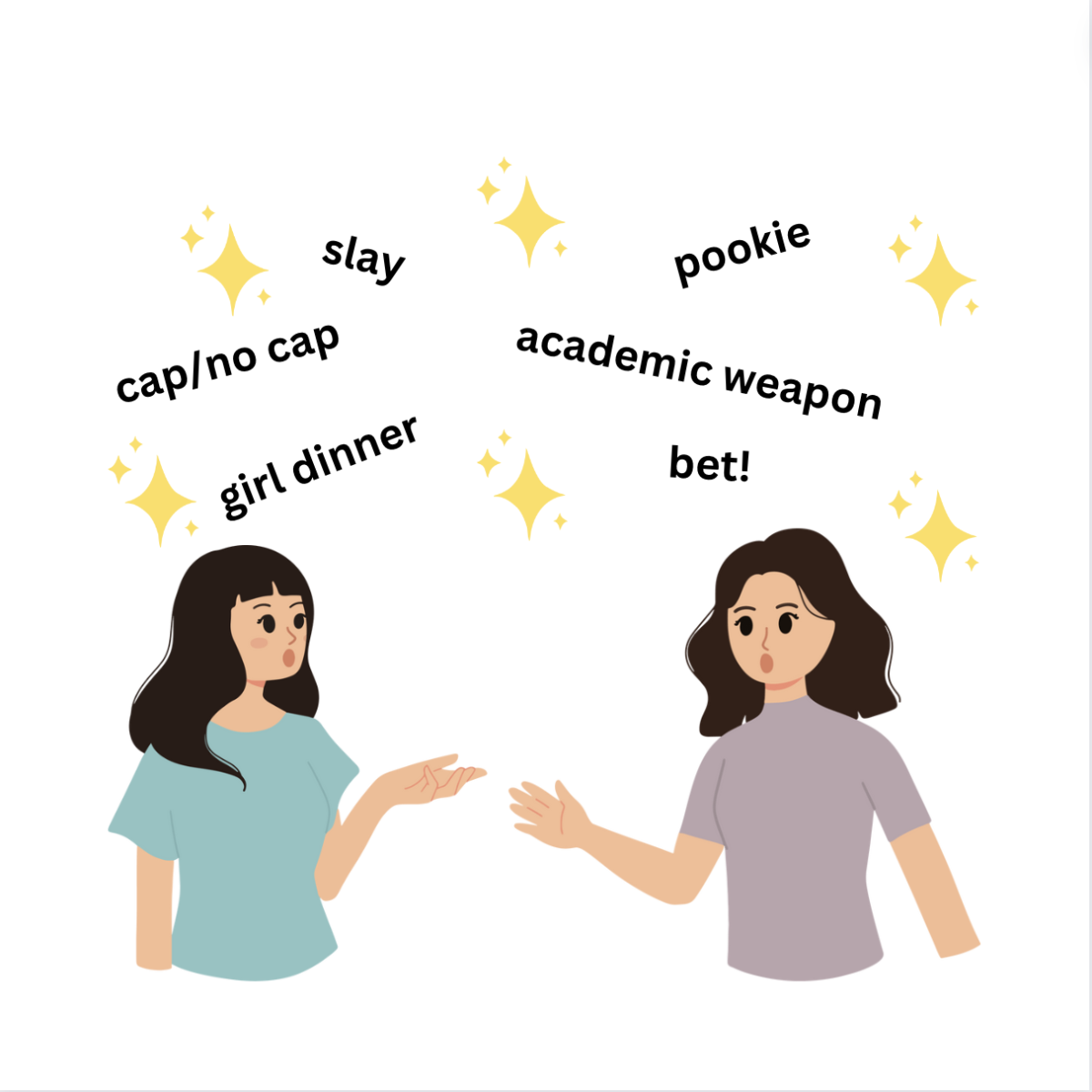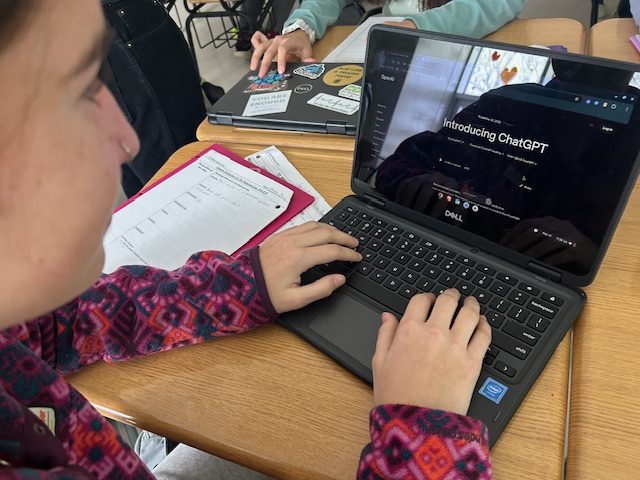If you’ve ever eavesdropped on a teenage conversation, or even had a conversation with a teen, you would instantly recognize these bizarre phrases as words in today’s slang. Our current slang terminology isn’t something solely related to teenagers, as the average American uses slang in their everyday life. Phrases like “ASAP,” “Hanging out,” “Blown away,” and “Big deal” are just a few that are common among all aged Americans. These shorthand phrases can be extremely helpful when it comes to time saving, mutual understanding, and connecting with people of any background. However, there is one generation that has an obsession with creating new, overly niche slang nearly every month. Born in the years 1997-2012, these tech-savvy, screen obsessed teens have channeled their energy into creating new cultural phrases that can become outdated as soon as it reaches anyone outside of their inner circle. The infamous, “screen addicted, irresponsible and lazy,” Generation Z.
As Gen Z has grown and gained social power over our society, new slang terms instantly become popularized with a simple touch on a screen. With new slang terms developing almost instantly, these oddly specific expressions can get quite annoying or overused, eventually losing popularity and becoming a thing of the past. I mean, does anyone remember yelling “yeet” across the room when tossing something to our friends? Or saying “that’s lit” when we saw something that was remotely cool? Or not even months ago when people were saying “My Roman Empire is..” in response to rumors popping up about how guys think about the Roman Empire on a weekly basis? If anyone part of an older generation were to use any of these terms listed today, us Gen Zers would immediately cringe and look to others like they were crazy.
It may be difficult to keep up with this rapidly ever changing language, but slang is a core factor when it comes to connecting to people in our society. With social media coming in between many IRL interactions, teens may find it difficult to communicate feelings or ideas without the usage of slang, as 98% of Gen Z uses slang.

Data Collected from Preply.com
Unfortunately for us Gen Z kids, many parents, teachers, and adults tend to think that slang is meaningless, overly specific, or absurd when hearing teenagers throw phrases around like “Cap, bruh, bet, on god, it’s giving” and many more. A teacher went viral on TikTok for creating a list of words and phrases banned in their classroom. Nearly all the phrases listed are extremely common when it comes to teens and their vernacular today. The teacher states that “Please know that using slang in an academic setting can diminish your capability to become a successful writer. More often than not, the way you speak is the way you write. The gibberish some of you choose to use is improper English and sometimes inappropriate for an academic setting” [Bramwell].
In reality, the use of slang doesn’t actually affect students when it comes to developing writing skills and style. According to Commonwealth Charter Academy, studies have shown that students can distinguish between formal writing and short message service (SMS) texting. English teachers have demonstrated that their students’ abilities to read and write are not affected by texting.
Slang is extremely beneficial when it comes to teens making connections with each other. According to Psychology Today, slang is symbolic of what is currently happening in society, and shows how the youth are responding to it. For example, lets take the phrase “girl dinner.”
Girl dinner is described by Urban Dictionary as “a dinner that consists of many different kinds of appetizers/snacks rather than just one entree.” It originated from TikToker Olivia Maher, who posted a video showing her dinner comprised of bread, cheese, grapes, and pickles, calling it “girl dinner.” This lead to several people online sharing their versions, consisting of charcuterie-like, easy to assemble meals. If you’ve been on TikTok or Instagram during this trend, you may recognize the song that was popularized with these types of videos, originally created by an unknown source, which many other creators added to their girl dinner content. This created community between women of the internet, now knowing that they aren’t alone in their odd eating habits.
In reality, you wouldn’t see “girl dinner” on a menu, an item to purchase, or an everyday thing. But when mentioned in conversation, mostly likely you’ll find that teenagers your age have come across this online trend, and are bringing it to the real world. This mutual understanding of an online trend brings teenagers together, able to make jokes or connect their personal experiences to a phrase.
Even though Gen Z is depicted as “lazy and irresponsible,” or “screen addicted,” we’ve found a way to connect through online trends and create community. Modern problems require modern solutions, and I believe that slang is quite beneficial for teens when communicating and connecting with each other. Trends and modern issues can be communicated in simpler terms through a language which Gen Z speaks fluently, slang.













